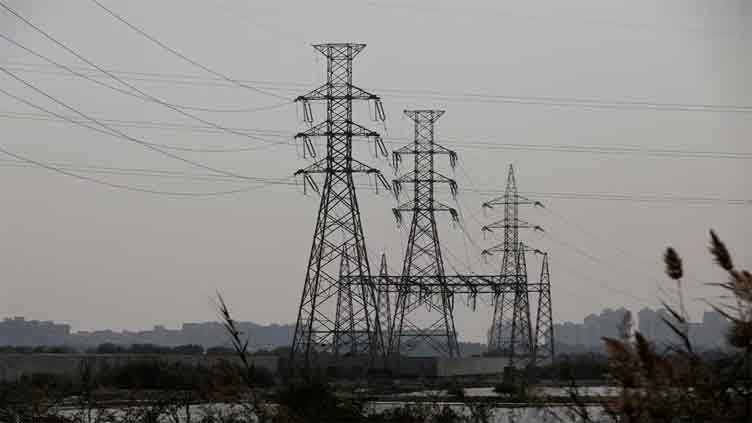PM reduces industrial power tariff, Nepra increases base price

Business
Lower prices are meant to make the industries competitive in global market
Raising power rates in a major IMF demand
Decision by the regulator makes the loan programme by the Bretton Woods Institution more likely
ISLAMABAD (Web Desk/Dunya News) – In a major boost to industries, Prime Minister Shehbaz Sharif announced a Rs10.69 per unit cut in the electricity tariffs for industrial consumers with an aim to reduce the cost of doing business.
However, all is not well on the electricity front. The National Electric Power Regulatory Authority (Nepra) on the same day (Friday) approved Rs5.72 or around 20 per cent increase in the electricity base tariff with effect from July 1.
However, the increase is subject to the federal cabinet’s approval.
According to the Prime Minister’s Office (PMO), the new electricity tariff for industry and export sector has been fixed at Rs34.99 per unit, which will help reduce the burden on industrial consumers by over Rs200 billion.
The package was drafted to make the industries competitive in global market by reducing the cost of production, thus increasing exports.
At the same time, it is also expected that the move will trigger industrial activity and generate employment opportunities.
ELECTRICITY BASE TARIFF
This latest power tariff hike is an obvious result of the Washington-based lender’s pressure, as the government is eyeing bigger and larger IMF programme to the tune of $6bn to $8bn for a three to four years period and meeting the “unnegotiable demands” is a prerequisite for achieving the goal.
Hence, the move will allow the power distribution companies (Discos) to generate a whopping additional amount of Rs485bn – a move that is likely to dent the efforts to arrest inflation, with the consumer price index (CPI) dipping to 11.8 in additional revenue to Discos and strengthen the government’s position in securing an IMF bailout in July.
At the same, any reversal in the trend of a sliding CPI will also make it sufficient reduction in Pakistan’s interest rates impossible, as the high borrowing costs have made generating industrial activity an impossible task.
The government has the authority to make adjustments with different rates of increases for various consumer categories through a cross-subsidy but without affecting the overall revenue requirement determined by the regulator.
The average national base tariff, including for K-Electric, is now set at Rs35.50 per unit for the next fiscal year against Rs27.78 for the current year.


